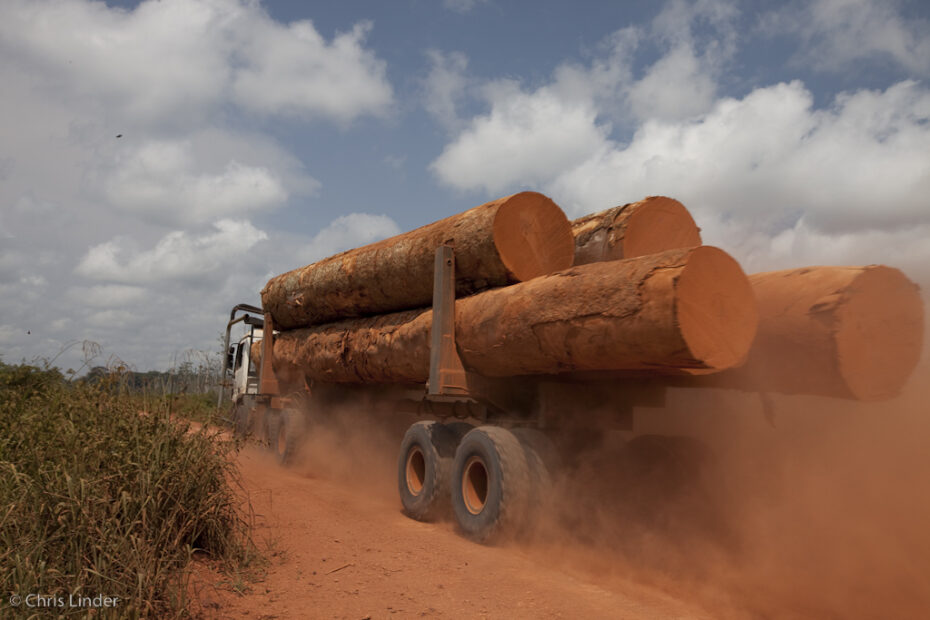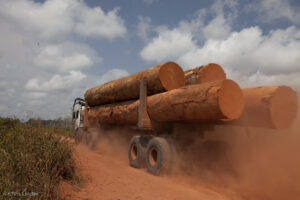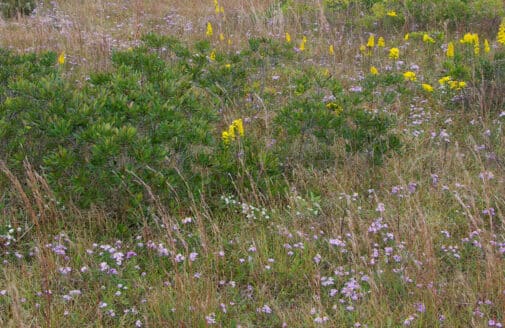Why burning biomass is not zero-carbon

Photo by Chris Linder.
Why burning biomass is not zero-carbon
Short animation explaining why burning biomass produces more carbon dioxide per unit of energy generated than almost all fossil fuels.

The climate emergency requires countries to transition away from fossil fuels, but it is important to be careful about the alternative energy sources chosen.
In particular, concern is growing over the use of biomass for energy, which is generated when wood or other plant material is burnt to generate heat and electricity. Many governments treat biomass energy as zero-carbon at the point of combustion, and subsidize it in the same way as renewables such as solar or wind, resulting in a large increase in the use of biomass for energy in the UK and the European Union (EU) over the past 15 years.
Chatham House
Research area







